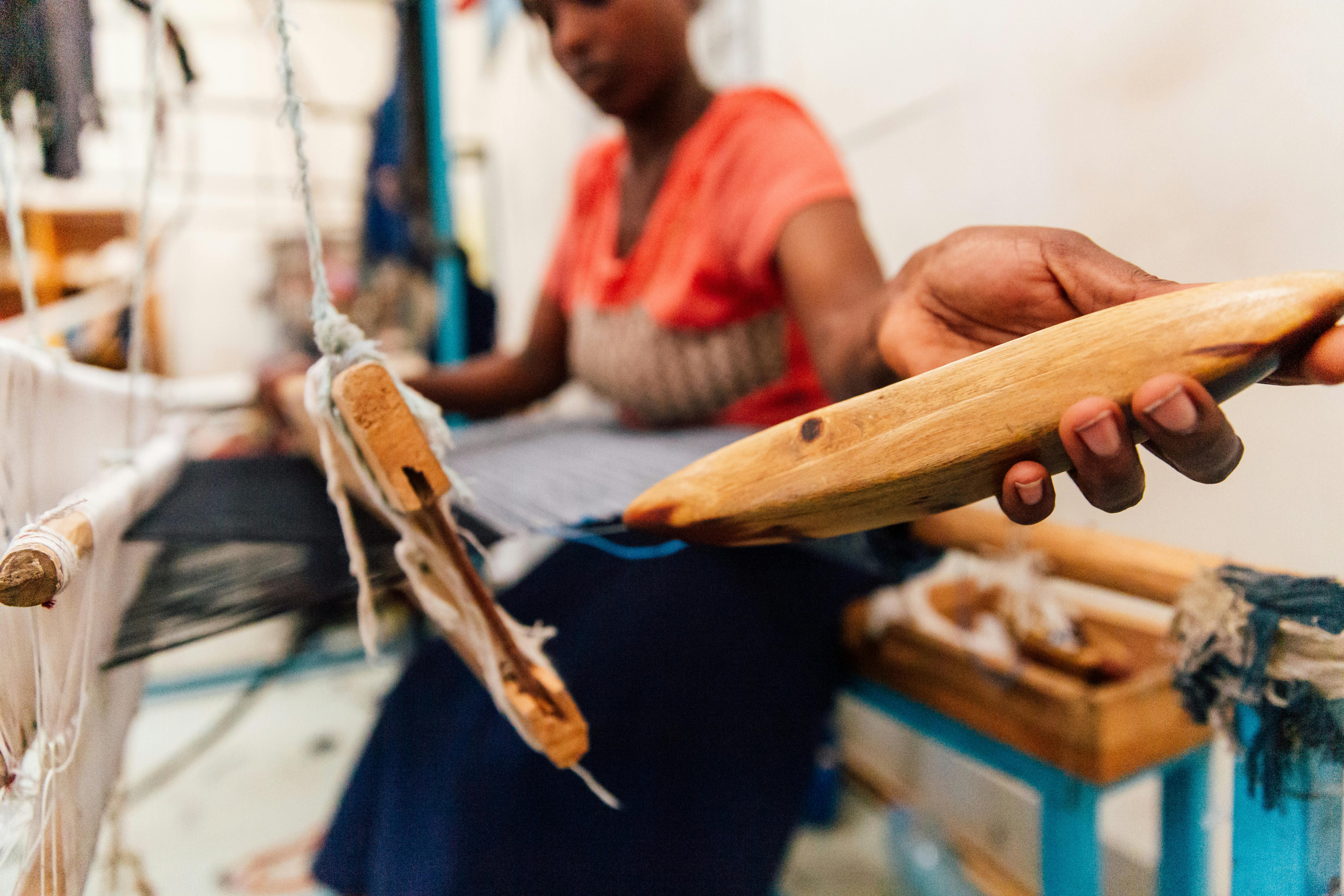Know your BATNA
In Roger Fisher and William Ury’s classic negotiation book “Getting To Yes: Negotiating Agreement Without Ceding In,” they use decision theory to elaborate the notion of BATNA, or the best alternative to a negotiated agreement. Many people have heard of this term, but how many actually think about it before or during negotiations?
The only reason to negotiate is to produce a better result than can be obtained without negotiating. What is the result that the negotiation is producing? What are the alternatives? What is your BATNA, your best alternative to a negotiated agreement? According to Fisher and Ury, that is the standard against which any proposed deal must be measured. They go on to say that this is the only standard that can protect you both from accepting terms that are too unfavorable and from rejecting terms that you would be interested in accepting.
Not all negotiations ended with an agreement. There are times when you can do better by walking away. In any negotiation there are alternatives. They may not all be attractive, but they will be there. The best alternative is his BATNA. A successful negotiation will end with a result better than your BATNA. If the result is not better than your BATNA, you must walk.
Preparing your BATNA before negotiating is critical to determining when to walk or when to talk. If your “bottom line” is thrown arbitrarily out of the air, it won’t help you much when making decisions. Your bottom line should be based on your alternatives and what you can get elsewhere. If your end result is not based on your BATNA, how will you know if it is realistic or not? How will you know if you can do better? If you know that your BATNA is better than what the opposite side offers, you can walk with confidence. If not, you can get more creative in negotiating and working toward an agreement.
Know your BATNA
Some negotiators enter negotiations without knowing what they will do if they cannot reach an agreement. This can lead to feeling insecure and unsure of when to continue negotiations and when to walk away. Negotiators who know what they will do if they do not reach an agreement have much more confidence during negotiations.
To determine your BATNA ask yourself, “What could I do to meet my best interests if we don’t come to an agreement?” Propose possible alternatives and list the pros and cons of each. When you have a list of alternatives, determine what you will actually do, out of the box, if an agreement is not reached between you and the other party. Most likely, this is your BATNA. I say most likely because many people don’t think creatively of other ways to satisfy their interests. So be sure to spend a bit of time to really determine the alternatives.
Also, we must remember that the alternatives are usually not set in stone. Once you have determined your BATNA, take a few more moments to think about how you could make your BATNA easier, more likely, or better to suit your interests.
Taking the time to determine your BATNA and thinking about ways to strengthen your BATNA will improve the outcome of your negotiations. If you only accept offers that are better than your BATNA, improving your BATNA guarantees a better result. No matter what, you are in a better position and knowing this will boost your confidence during negotiations.
Consider your BATNA
Each negotiator has a BATNA that includes the other side. Whether they thought of it or not, they have one. During your preparation for negotiations, it can be extremely beneficial to determine at what point you should leave the negotiation. What is your best alternative? If you knew this, wouldn’t it be easy to negotiate? You certainly won’t be able to determine your exact BATNA with any degree of confidence. Negotiations involve making decisions in the face of uncertainty. However, you may be able to make a good guess at what they might do if they don’t come to an agreement. Do this, and you can determine ways to make your BATNA less attractive, more difficult to implement, or less valuable, all of which can help you in negotiations.
conclusion
Your BATNA, or Best Alternative to a Negotiated Agreement, is an important concept for negotiation. Unfortunately, some negotiators do not think about their BATNA and those of their opponents before negotiations begin. Those who do, including those who are unfamiliar with the term but instinctively think of their BATNA as they prepare, go into negotiations with much more confidence knowing where they are headed if they decide to fold.
Roger Fisher, one of the “Getting To Yes” authors I mentioned at the beginning of this article, also co-wrote another book with Danny Ertel called “Getting Ready To Negotiate: The Getting To Yes Workbook, A Step-By-Step Guide to prepare for any negotiation”. In addition to being a resource for this article, this book will help you with your negotiation planning, including BATNA determination. It contains a series of worksheets to help you think through alternatives, select your BATNA, and identify open alternatives for the other side.
Regardless of how you determine your alternatives, remember that knowing your best alternative to a negotiated agreement will make you a more confident negotiator. Knowing when to walk is powerful. And by knowing and strengthening your BATNA, you will improve the results of all your negotiations.
